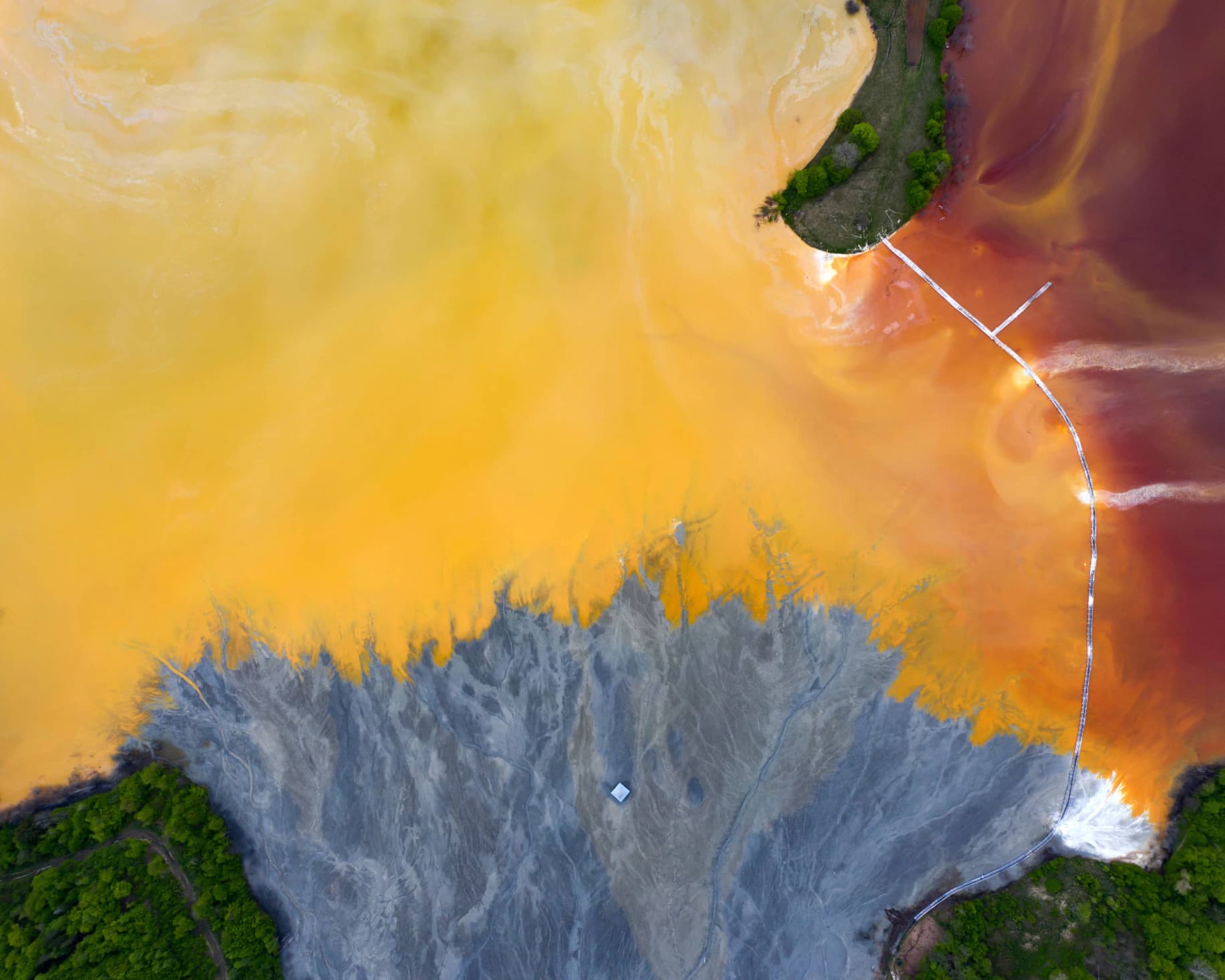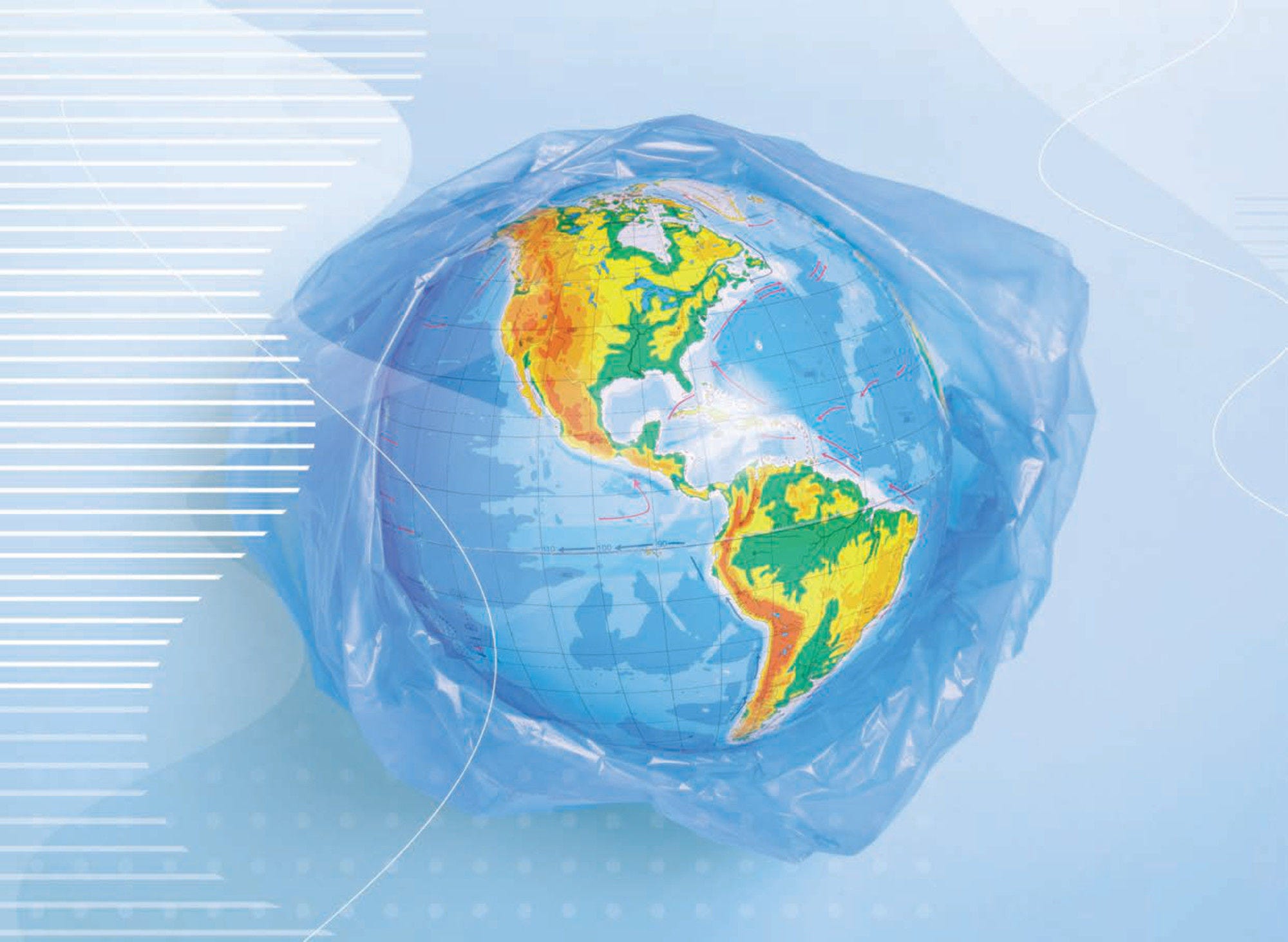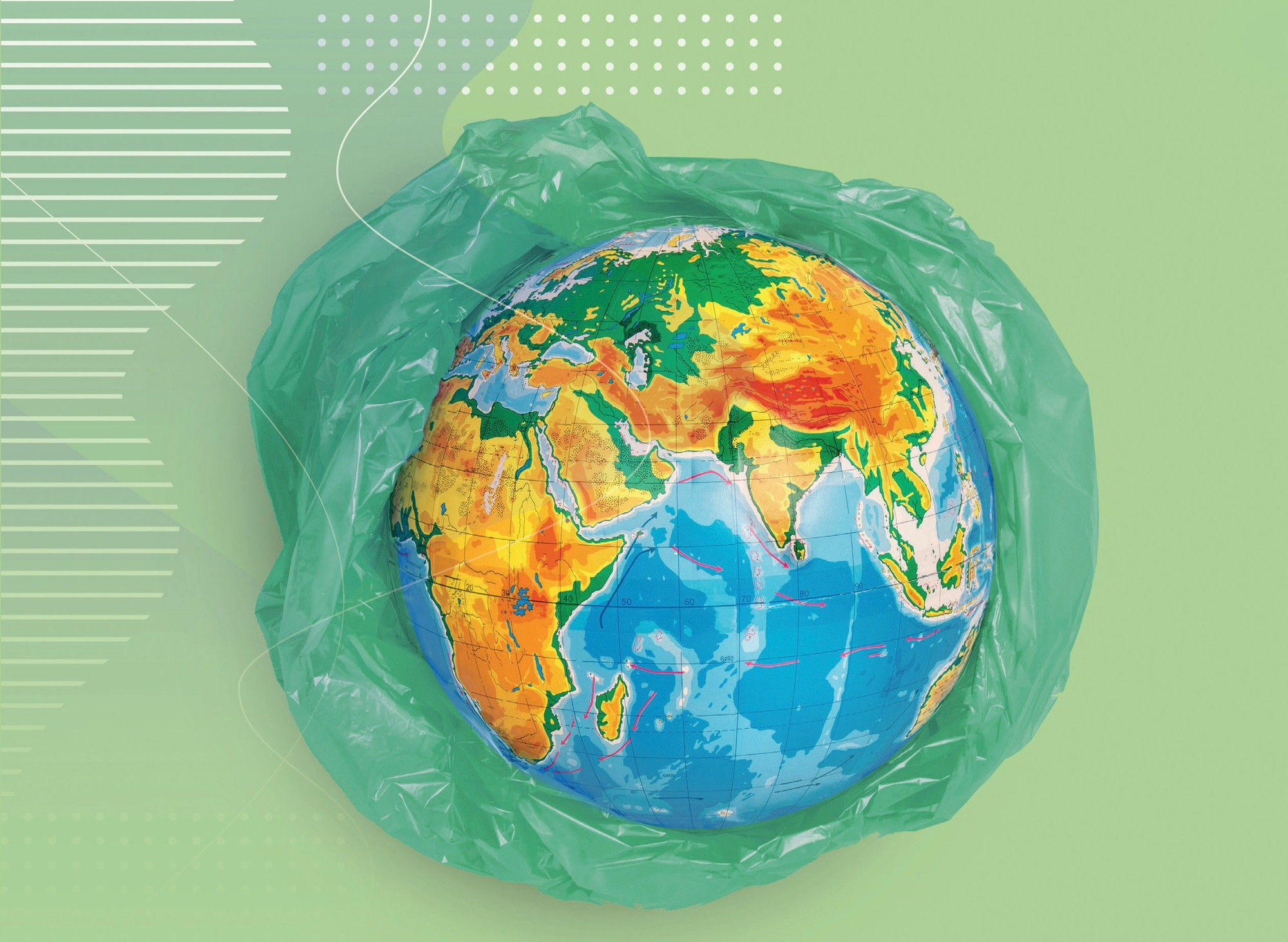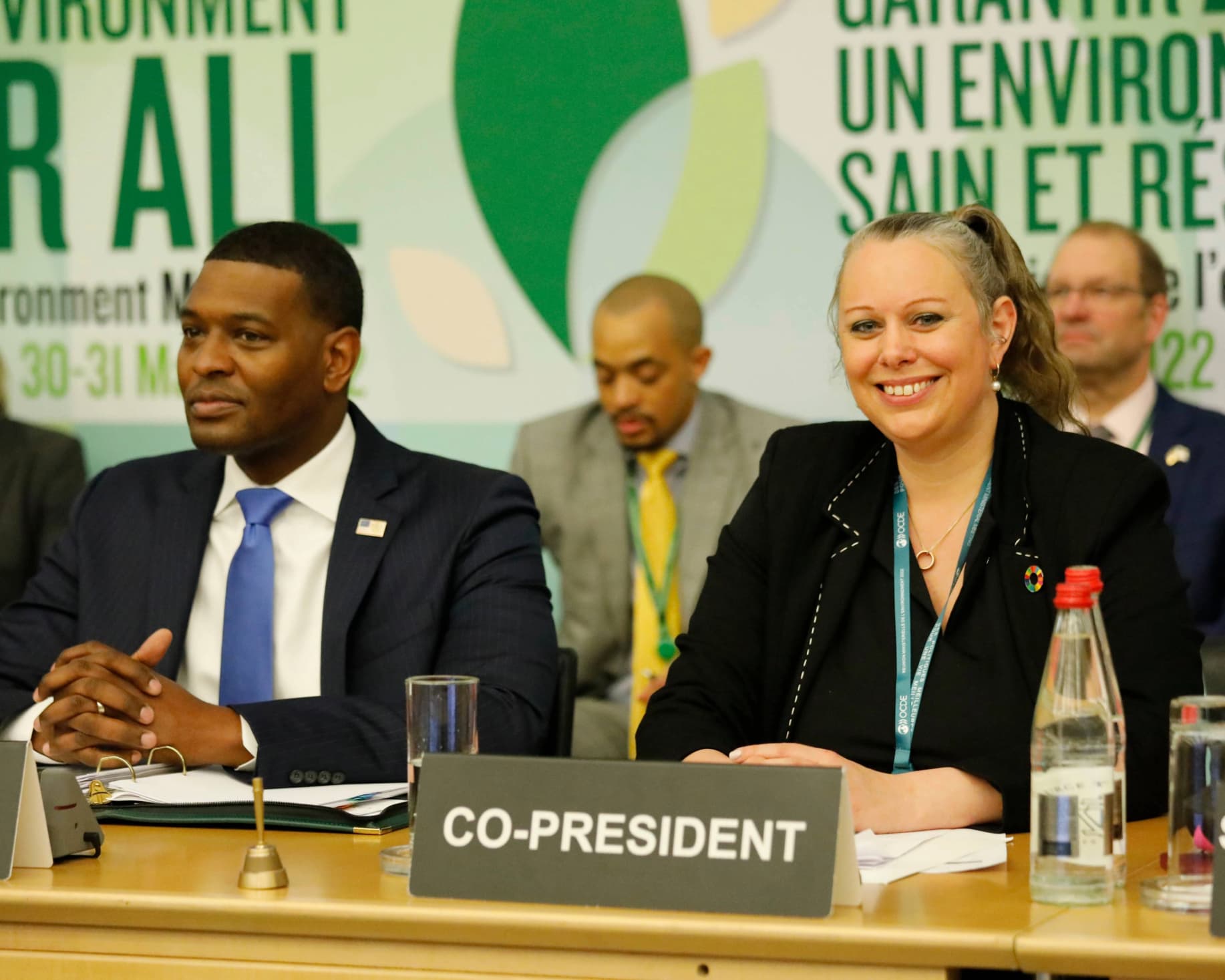Clean air is essential for healthy people and thriving ecosystems. However, air pollution remains one of the key global environmental risk factors that lead to premature mortality due to various causes, including lung cancer and strokes. Air pollutants also lead to diseases, such as asthma, limit plant growth, worsen global warming, and reduce worker productivity. Driven by a broad range of activities, including energy, industry, and agriculture, air pollution is transboundary in nature and requires comprehensive action at multiple scales. The OECD supports co-ordinated action to tackle air pollution and reduce the associated health and economic burden.
Pollution
Environmental pollution ‑ the release of harmful substances into the air, soil, freshwater and the ocean ‑ poses a grave threat to both natural ecosystems and human health. OECD analysis and policy recommendations seek to help countries reduce and manage pollution caused by everything from industry and agriculture to transport, sewage and household waste.

Key messages
Global plastics production has grown relentlessly in recent decades. Plastics are vital for preserving food, insulating buildings, for electronics and for making vehicles more fuel-efficient, among many other applications. Yet, the magnitude of plastics consumption in our societies results in a high production-related carbon footprint, huge volumes of waste, persistent pollution and harm to wildlife and ecosystems. In recent years, growing awareness of ubiquitous plastic pollution has steered public opinion and paved the way for stronger policy intervention. The OECD's work on plastics seeks to inform and support these efforts.
Water pollution, a pressing environmental concern, occurs when contaminants such as industrial effluents, agricultural runoff, and untreated sewage affect water bodies, compromising their quality. This jeopardises aquatic ecosystems, endangers biodiversity, and poses severe risks to human health, as polluted water contributes to waterborne diseases. Addressing water pollution calls for comprehensive regulatory measures, sustainable practices, and global co-operation to safeguard these vital resources for current and future generations. The OECD equips governments with practical policy recommendations to tackle water pollution and achieve environmental quality objectives.
Chemicals play an important role in the everyday life of people around the world. They are used for personal care, house cleaning, equipment and manufacturing but also to prevent and cure disease. They provide countless other benefits that make life better for people. However, chemicals need to be soundly managed to avoid risks to human health and the environment. The OECD has worked with governments and industry since the 1970s to improve chemical safety and biosafety and to harmonise approaches to their assessment and management to save resources for both government and industry. More recently, the OECD is carrying out work to support the socio-economic analysis of chemicals by helping to better quantify and monetise their morbidity and environmental impacts.
Context
Despite some progress, exposure to ambient fine particulate matter (PM2.5) remains high
Mean population exposure to fine particulate matter has generally decreased across the OECD; however, most member countries still exceeded the WHO guideline of 5 ug/m3 in 2020. Elsewhere in the world, exposure is persistently high and levels are exceptionally severe in some countries in Asia, the Middle East and Africa.
Build-up of plastics in rivers and oceans is projected to double by 2040
Despite improvements in waste management, almost one-fifth of all plastic waste is still expected to be mismanaged in 2040. Plastic waste mismanagement is a challenge in many low- and middle-income countries, where dumping and open pit burning exacerbate environmental and human health impacts.
Mismanaged waste largely contributes to the leakage of plastics to terrestrial and aquatic environments. OECD modelling projections suggest that, by 2040, 300 Mt of plastics will have accumulated in rivers and oceans alone. These findings suggest that, in a mere 20 years (2020-2040), the total amount of new plastics in aquatic environments (148 Mt) will be about as large as all historically accumulated plastics in aquatic environments before 2020 (152 Mt).
Latest insights
-
 Press release2 October 2024
Press release2 October 2024 -
 Press release22 February 2022
Press release22 February 2022 -
 Press release7 December 2020
Press release7 December 2020
Related data
-
DashboardThe Climate Action Dashboard by the OECD features key indicators to track progress towards climate objectives and provide a snapshot of country climate action. It is one of the four components of the International Programme for Action on Climate, set up to help countries pursue progress towards net-zero greenhouse gas emissions and a more resilient economy by 2050.
Related publications
Related events
-
 25 November - 1 December 2024
25 November - 1 December 2024 -
 22 February 2022
22 February 2022













